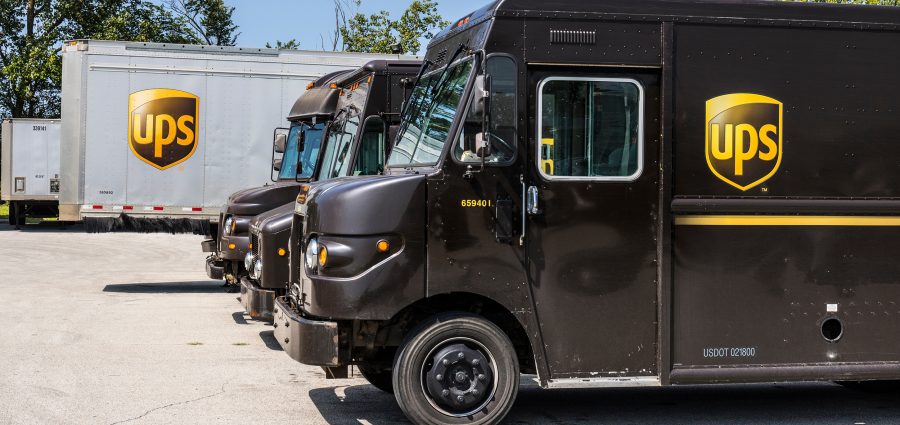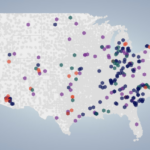As negotiations between parcel delivery company UPS and the union that represent 340,000 of its workers remain at a standstill with less than two weeks left in the union’s contract, it appears both sides are preparing for what could be the most expensive U.S. strike in at least a century.
In a July 16 webcast with Teamsters members, union President Sean O’Brien reportedly said that he has asked the White House to not intervene in terms of forcing a new contract agreement if strike indeed begins on after the Teamsters’ current labor deal expires on July 31.
“My neighborhood where I grew up in Boston, if two people had a disagreement and you had nothing to do with it – you just kept walking,” O’Brien said, according to media reports. “We don’t need anybody getting involved in this fight.”
Meanwhile, on July 14, UPS stated that it would begin training its non-union U.S. employees in order to ensure that packages continue to move as needed in the event that a Teamsters strike begins.
A company news release noted that the temporary plan has no effect on current operations and service that customers receive.
“This training is aligned with our ongoing commitment to safety and business continuity. These activities also will not take away from our ongoing efforts to finalize a new contract that increases our employees’ already industry-leading wages and benefits, allows UPS to remain competitive and provides certainty for our customers and the U.S. economy,” the company said in a news release.
The Teamsters union represents over half of UPS’ workforce, and their contract is the largest in North America’s private sector. According to the Associated Press, a resulting strike would be the company’s first since a 15-day walkout of 185,000 employees in 1997.
While previous talks between the Teamsters and UPS reached agreements on specific issues of air conditioning in trucks and removing a two-tier wage system for weekend drivers, an ongoing key point in ongoing negotiations is wage increases for part-time workers.
According to consulting firm Anderson Economic Group, a 10-day union strike would be the nation’s most expensive walk-out in at least 25 years, costing the economy more than $7 billion, including $4.6 billion in losses for customers, $1 billion in lost wages and over $800 million in direct losses for UPS.
Related Posts
-
Negotiations between UPS and the union representing about 340,000 employees stalled July 5 after the…
-
Despite the dockworkers' union saying work continues during labor talks, employers are highlighting disruptive actions…
-
Distributors keeping a close eye on major projects that could impact product demand may benefit…






